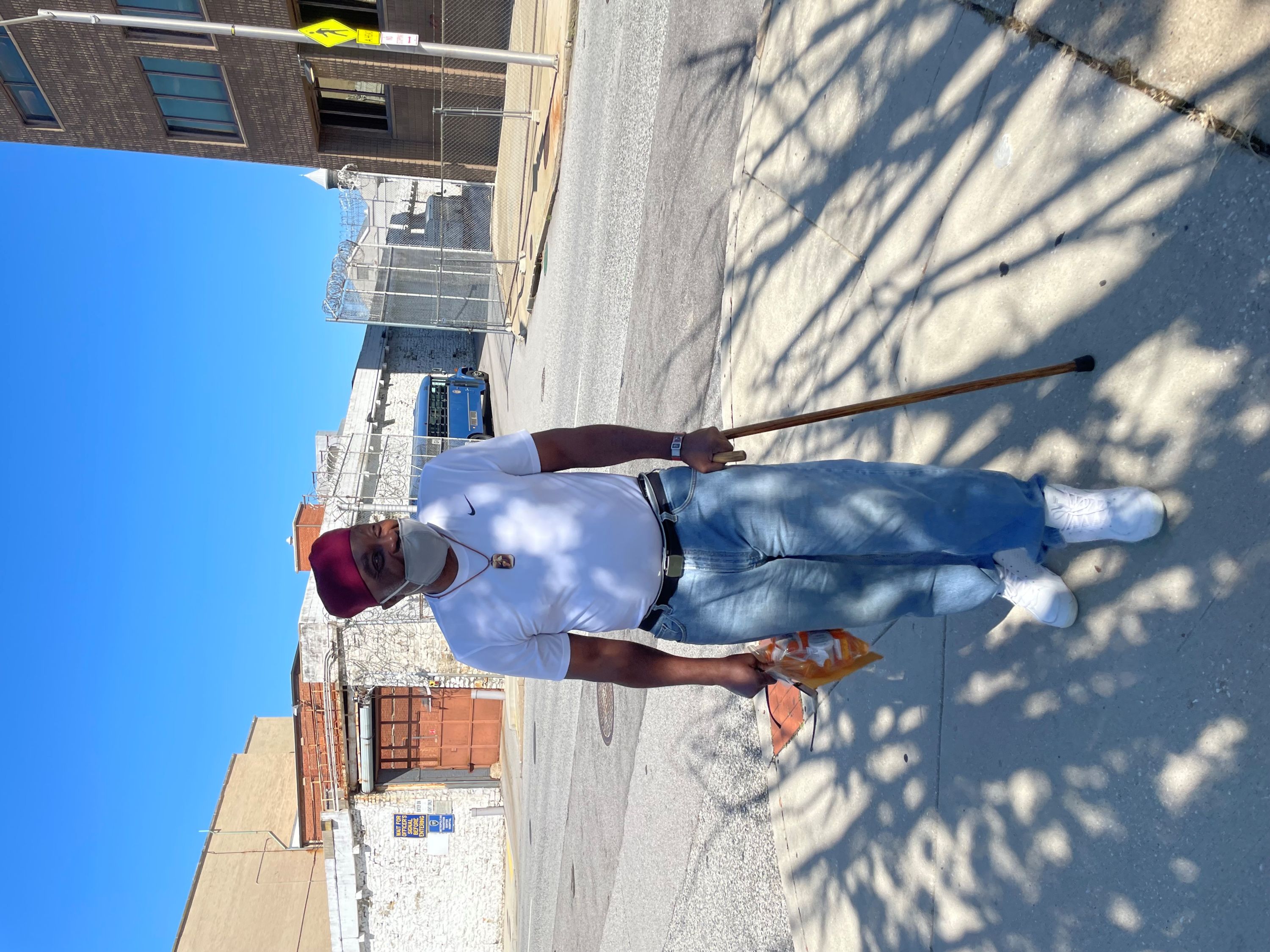
Criminal Justice Clinic (“CJC”) student attorneys continue the fight to gain the release of prisoners, many of whom are elderly, and often ill, who are serving unjustly long sentences in the federal Bureau of Prisons and the Maryland Department of Corrections.
Student-attorneys recently filed four motions under the DC Compassionate Release Act, seeking the resentencing and immediate release of clients convicted of felonies in D.C. Superior Court. Student attorneys are slated to file three motions in circuit courts throughout the state of Maryland seeking clients’ release under that state’s newly enacted Juvenile Restoration Act which provides new sentencing hearings to individuals who were convicted of crimes as juveniles and sentenced in the adult system and who have served more than 20 years. All of our Maryland clients – ranging in age from 39 to 71 - are juvenile lifers and we are seeking relief for them on the dual track of the court system and the parole system. Our DC clients range in age from 46 to 69 and all have serious health issues, including heart disease, multiple cancer recurrences, seizure disorders, and dental problems leading to the inability to eat regular food. Some are in wheelchairs or use walkers or canes.
Yet our DC and Maryland clients remain incarcerated even as the COVID-19 pandemic continues to rage through the prison systems and as staffing shortages can mean that even basic healthcare is seriously comprised. CJC students obtain their clients’ prison records and gather other documents, and also interview family members and write reentry plans as part of their release advocacy.
Housing upon release is a common challenge for CJC clients, particularly for those sentenced in D.C. who are required to live in D.C. upon release even though most of their families have long since embarked for Maryland and Virginia, often priced-out of their old neighborhoods. Other clients have reached an age where they have no close family members who are still living. Student-attorneys work tirelessly and creatively to find alternative housing solutions until clients can secure permission to move under an Interstate Compact transfer or find publicly-assisted housing.
Last academic year, CJC student-attorneys secured the release of 8 clients. A 71-year-old client was released on parole in Maryland in early September.. CJC has continued to work with some of these clients released in 2020 and 2021, as they grapple with the myriad difficulties of reentering society after many decades locked up. Yet these are success stories, despite the challenges. One client, released after serving almost twenty years, works the overnight shift at a big box retailer and is exploring ways to expand his online clothing sales business. Another client, now 51 years old and released after more than two decades, is able to do his dialysis at home surrounded by supportive family while he awaits a kidney transplant. Another client, now 39 years old and released after more than two decades, is working at his uncle’s barbershop, driving a car for the first time in years, and fishing with friends. Our 71-year-old-client who was released in September after serving more than four decades is living in a group home in Baltimore not far from the house where he grew up, cooking for his housemates and learning to navigate technology and a city that has undergone a lot of change since his teenage years.